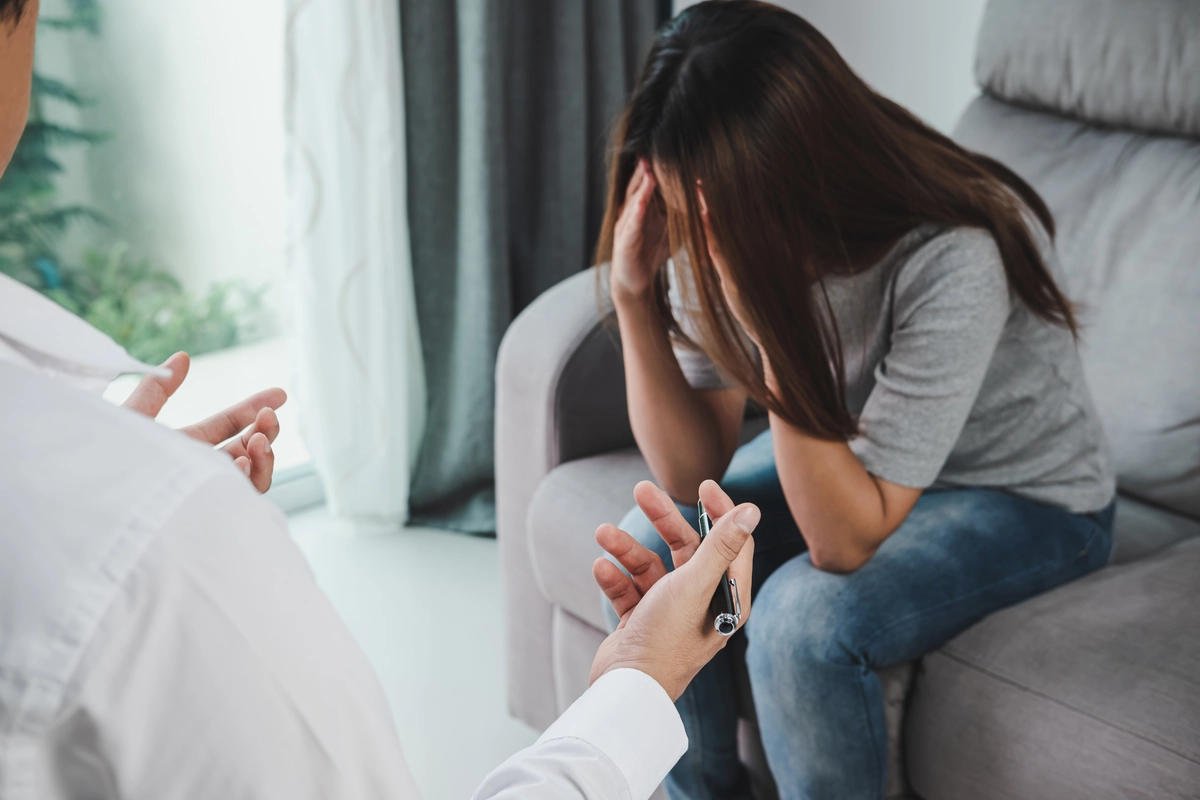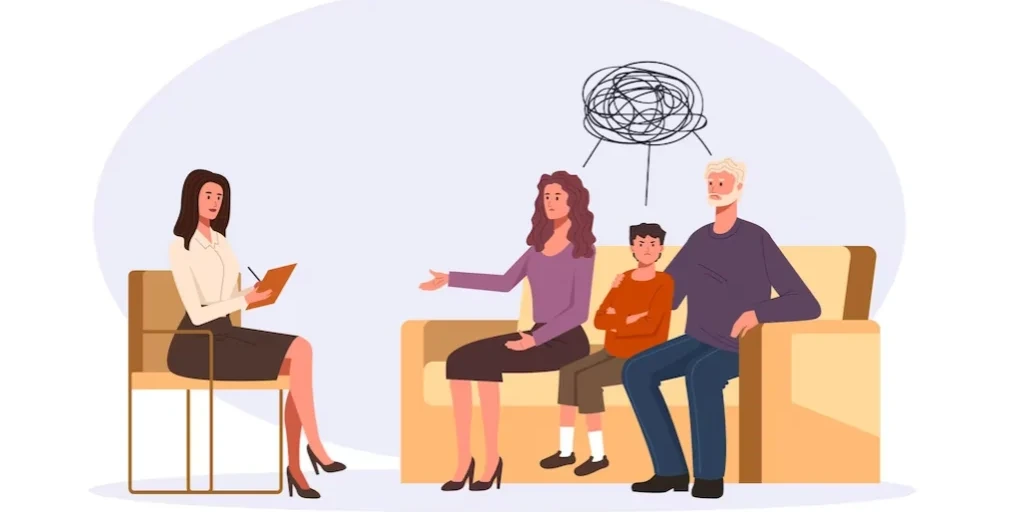24/7 Helpline:
(866) 899-221924/7 Helpline:
(866) 899-2219
Learn more about Bipolar Disorder Treatment centers in Beeville

Other Insurance Options

United Health Care

Medical Mutual of Ohio

Lucent

Carleon

Meritain

Premera

WellCare Health Plans

Molina Healthcare

Horizon Healthcare Service
Beacon

Holman Group

MHNNet Behavioral Health

Excellus

AllWell

MVP Healthcare

Access to Recovery (ATR) Voucher

Magellan Health

State Farm

Optum

Optima

Council on Alcohol and Drug Abuse – Coastal Bend
Council on Alcohol and Drug Abuse – Coastal Bend is a private rehab located in Beeville, Texas. Coun...










































































